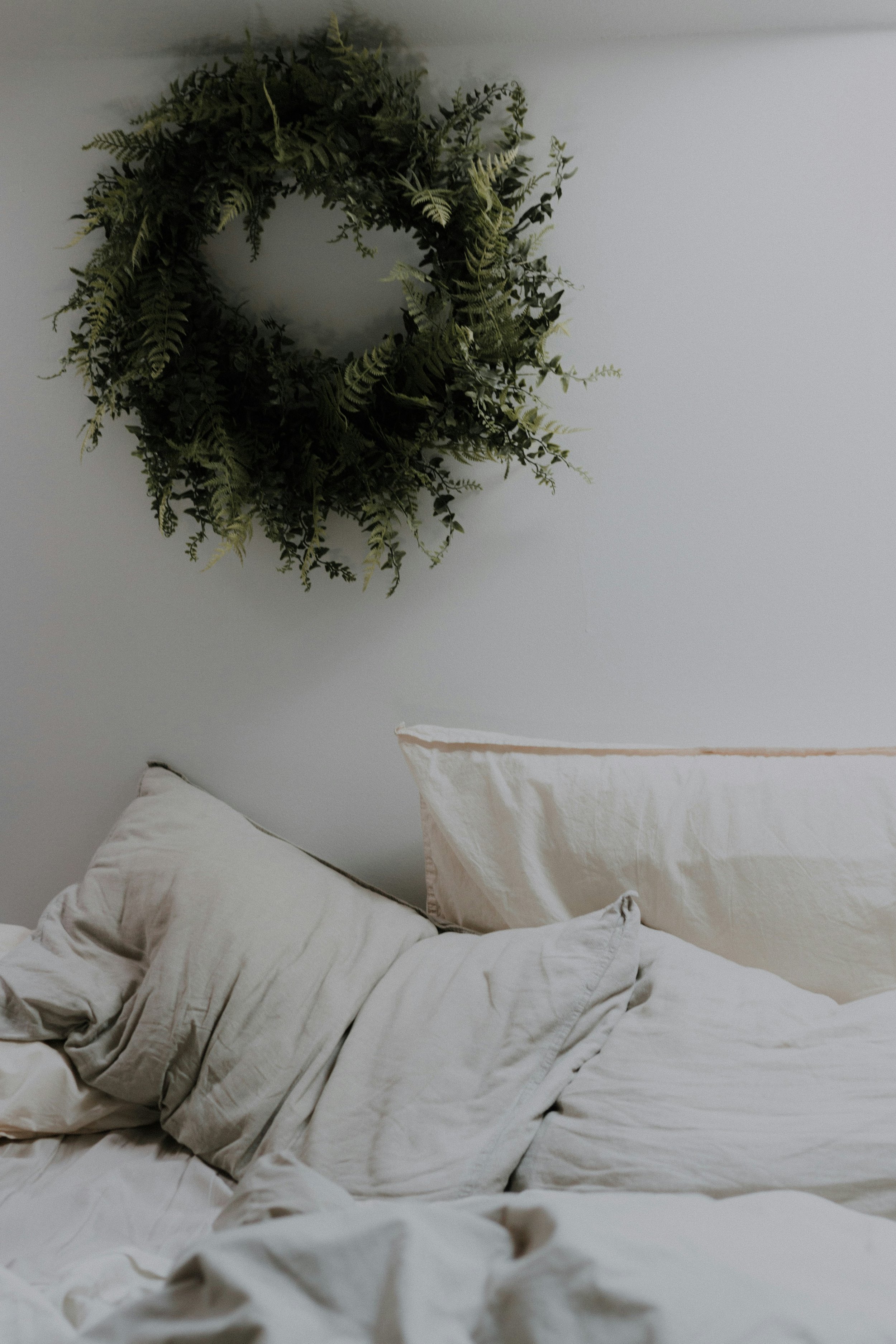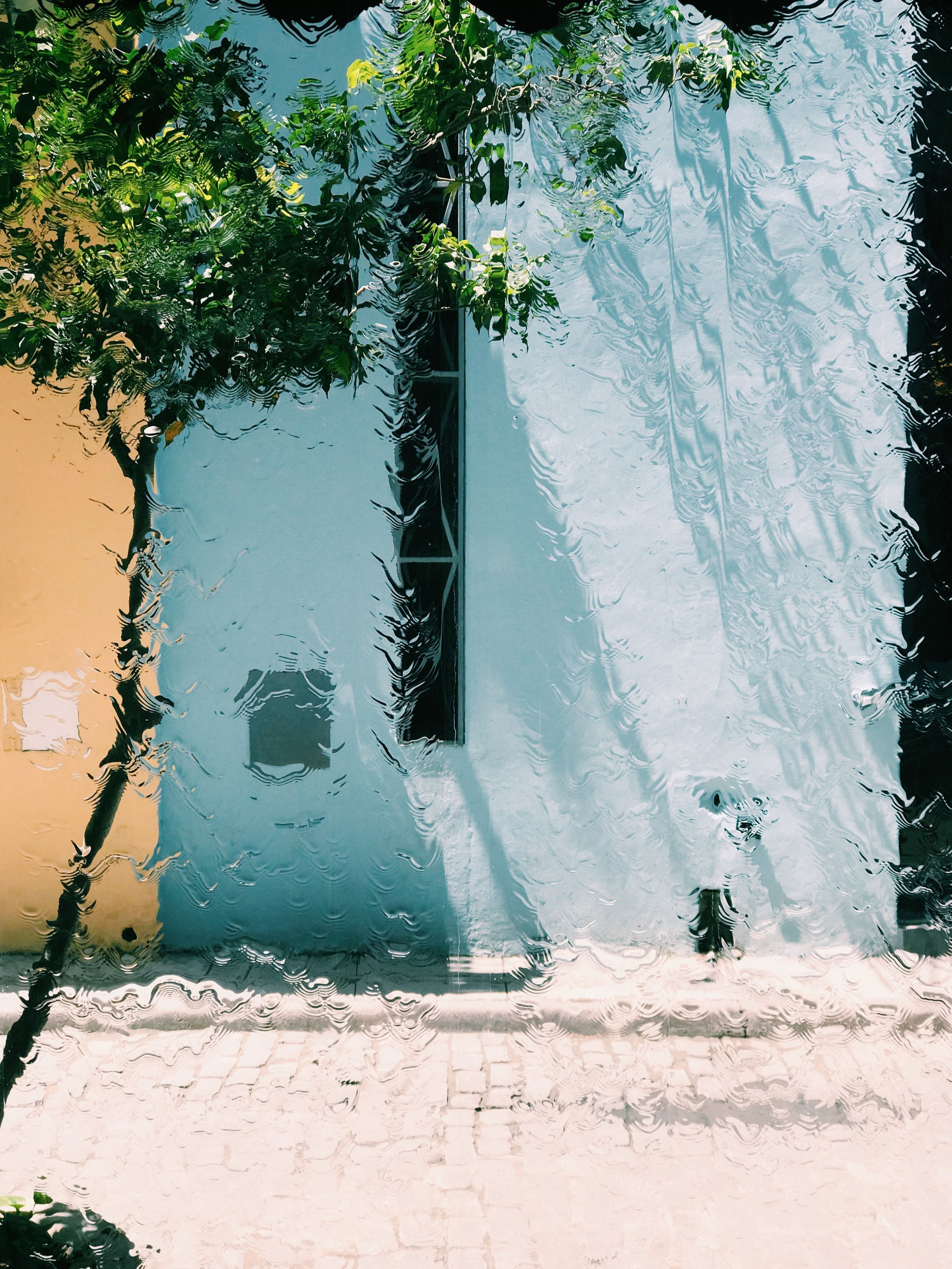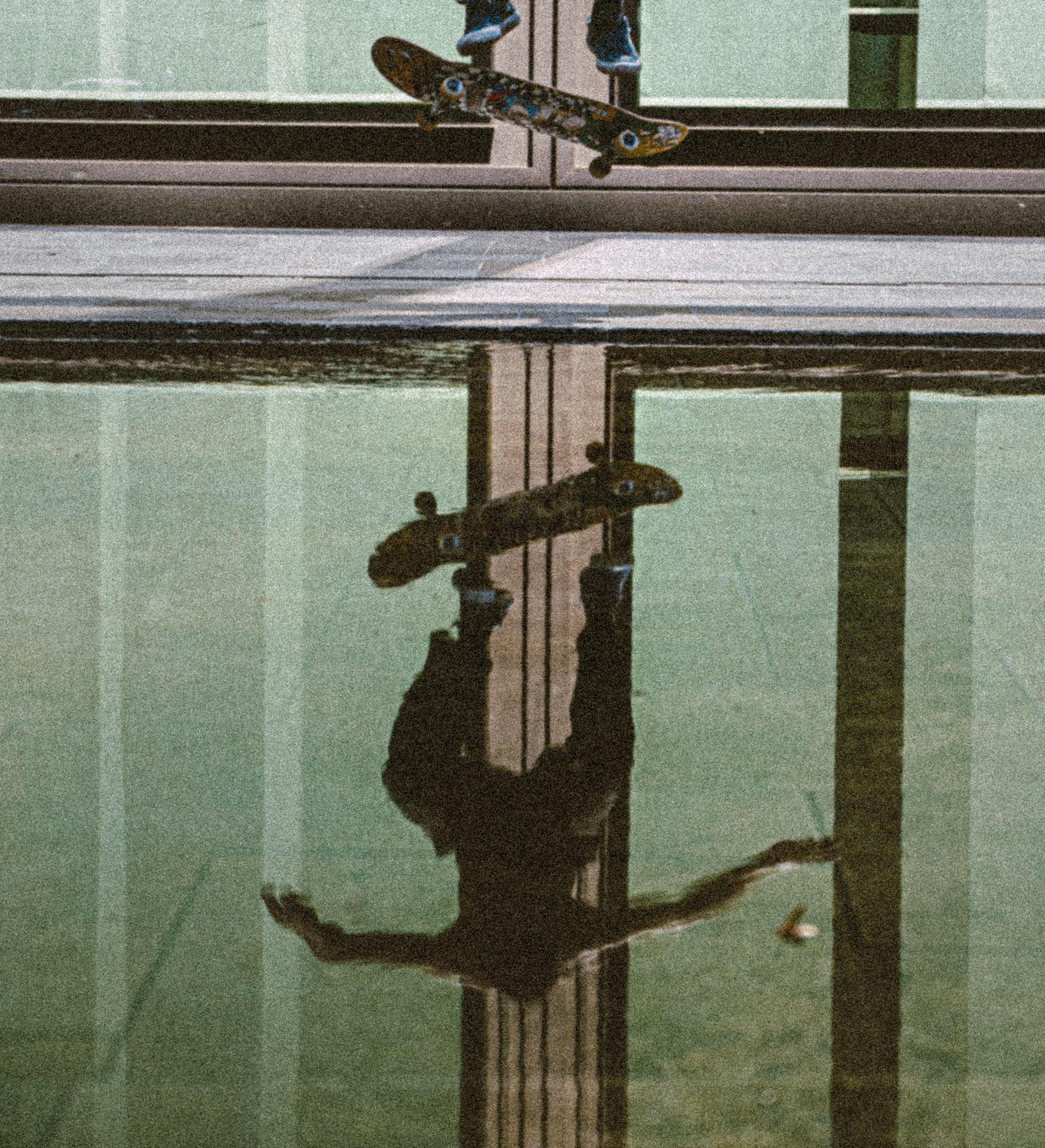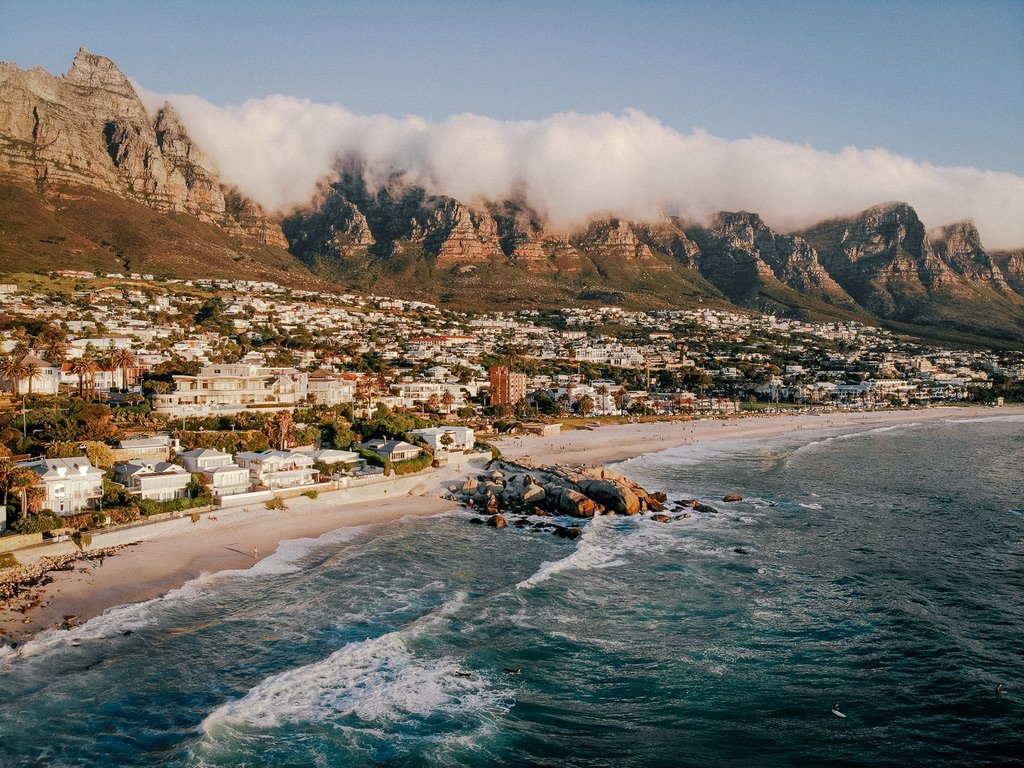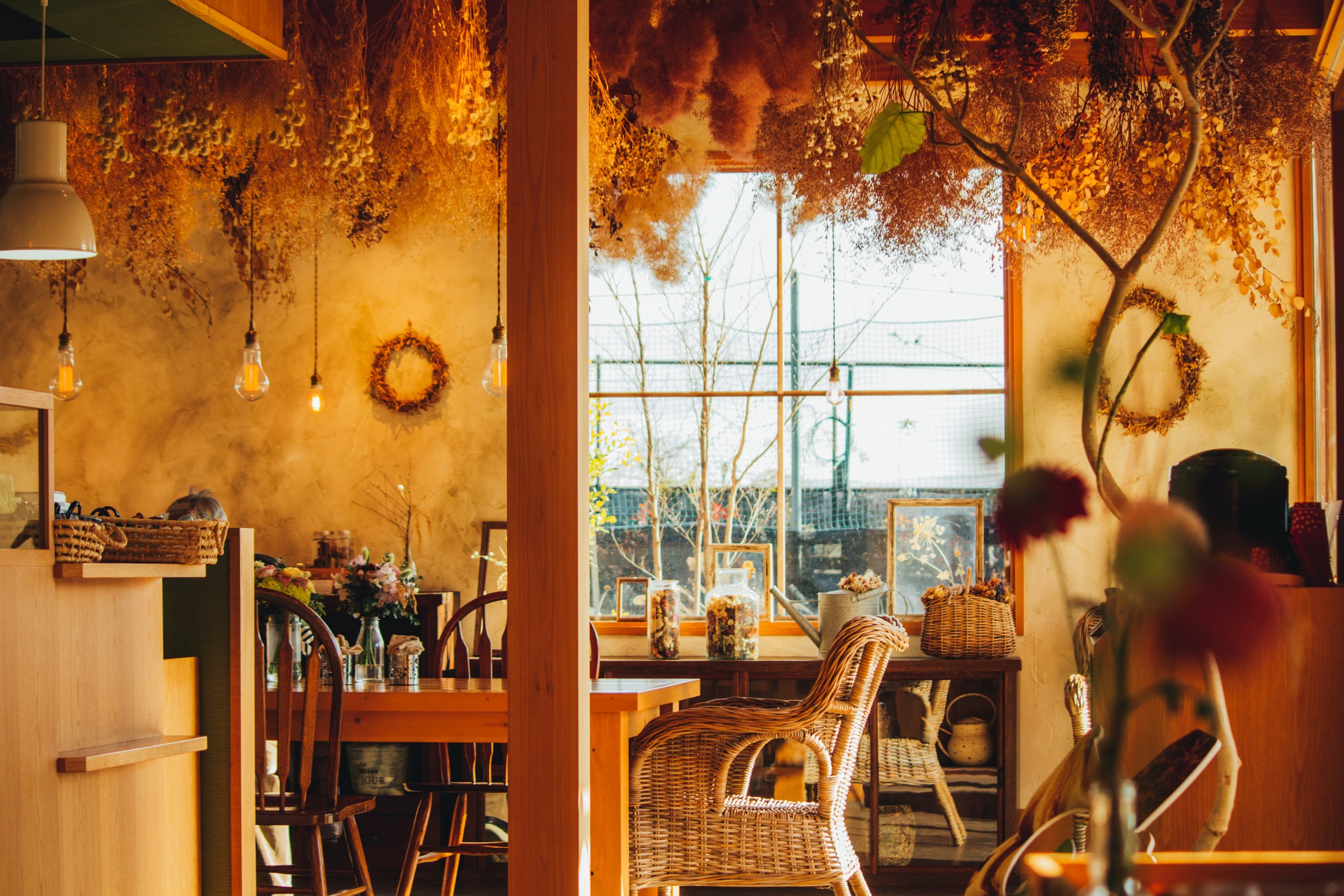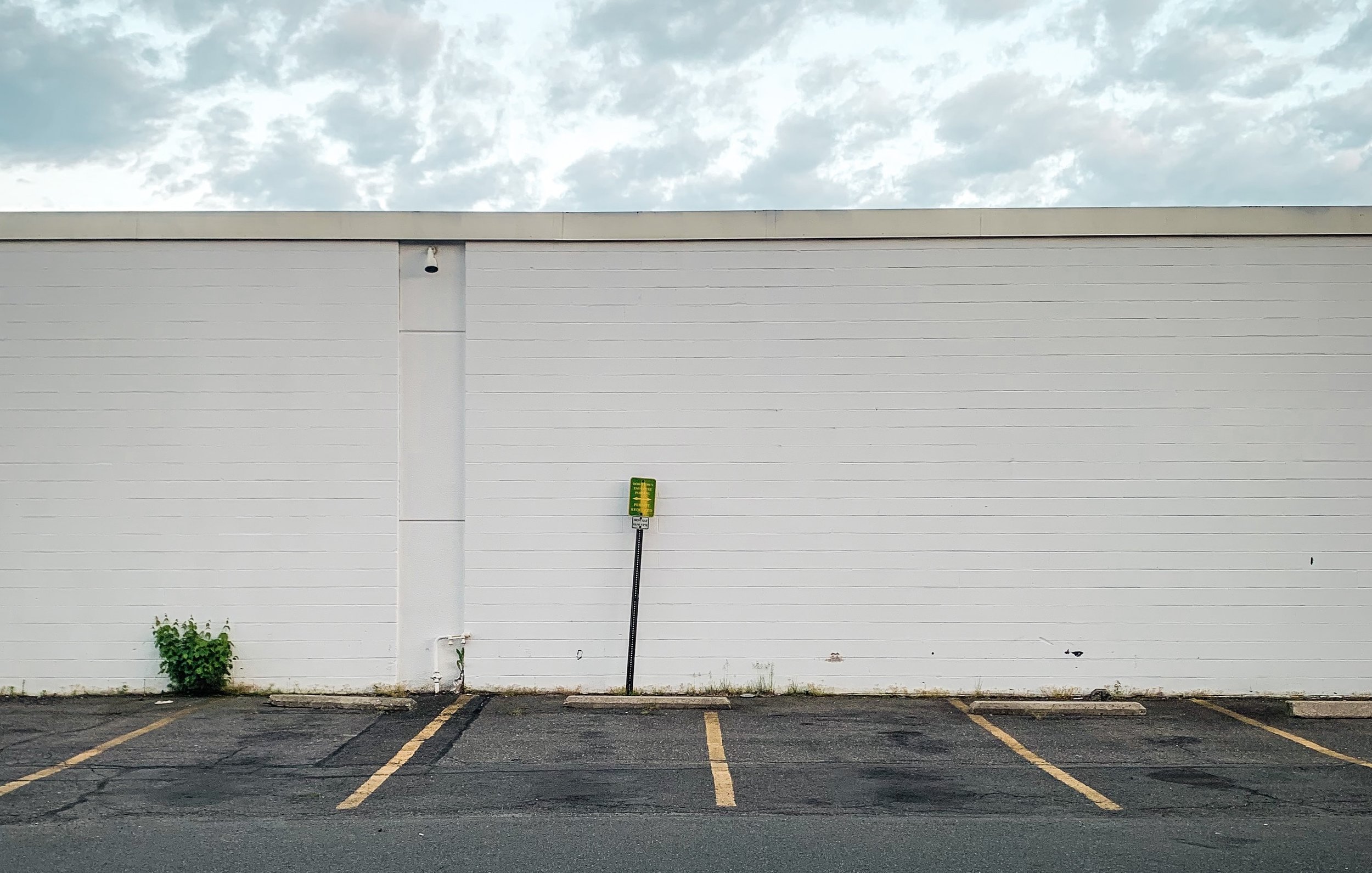To the Expat at Murtala Muhammed Airport
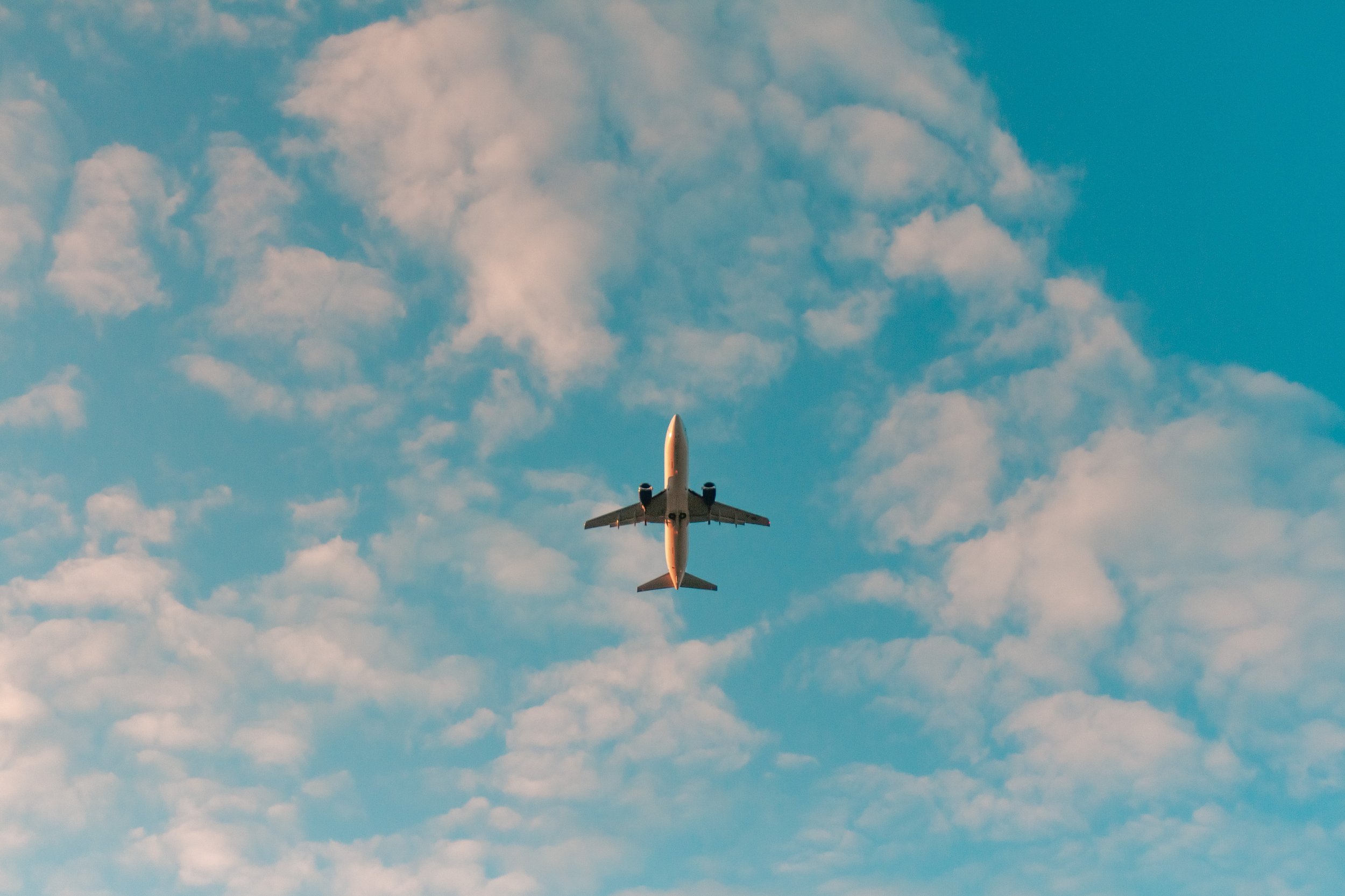
Long before you settled beside me in the crowded waiting hall, I had worn myself threadbare with worry. Worry about my luggage being too heavy, worry about my Nigerian passport subjecting me to scrutiny, worry that my slim wad of dollar bills would not suffice for the journey ahead.
This was my first international trip. I was about to set off to New York for a two-month writers’ residency, and I couldn’t stop thinking about all the stories I’d heard of foreigners turned back at the port of entry. The departure hall heaved with passengers, some already attired in outfits for colder climes. I found them laughable in their parkas and sweaters. This was a warm May evening in Lagos, and eager hawkers in traffic had read the thirst on our faces, dangling bottles of ice water too close to our noses, urging us to buy.
After the lengthy pantomime of passport check and luggage scan, I slumped on a bench by the gate and exhaled. It was 10:40 p.m., two hours until my flight.
Murtala Muhammed International Airport was a far cry from the airports of Hollywood films. In those airports, lovers flung aside their luggage and raced into each other’s arms, mingling tears of sweet reunion. Here, the air was devoid of romance. There were no lovers in sight. Only the swelter of a crowded space and travellers who fanned themselves with their boarding passes. The fluorescent bulbs flickered and the escalator lay dormant, unpowered. The woman on the opposite bench from me clamped her Ghana-Must-Go bag between her legs as if it held treasures. When she zipped it open and zipped it close again, a familiar kitchen smell wafted out of it. I caught her conspiratorial gaze and she winked. “Crayfish,” she whispered. By her cunning, it had escaped the wardens' search.
Her glee and triumph warmed me, but my worry returned quickly. I clung to my handbag and often felt for my wallet. Still, when I made room for you beside me, I paid you little heed.
“The stark lewdness in your eyes surprised me. I did not see it coming, and I sensed it as a precursor to something more. I swallowed hard and lowered my meal.”
It was only when I turned to ask you if you could make out what the announcer said in her butchered British accent that I really noticed you. Scuffed shoes, graying blonde hair, the easy confidence of a seasoned traveler. As you inquired about my itinerary, I made sure not to tell you this was my first trip outside Nigeria. I told you I was traveling to New York for a residency. No, not to see a boyfriend, as you slyly assumed. In your halting English, you said you had lived in Nigeria for twenty-five years. Tonight, you would travel to France to reunite with your daughter.
When I asked you about Nigeria, you complained about the decline of the naira and how the government had deteriorated, our national policies growing unkind each passing year. You missed the Nigeria that had made you stay more than two decades. I scratched my underarms and shifted in my seat. I’d read about those shiny years in history textbooks, but hearing the comparisons from you, I somehow felt embarrassed, as if a bedroom secret had made its way to the nosy neighbour’s lips.
I was curious to know why you left Belgium—why Nigeria was home to a man like you, who could spin the globe and find home in any corner of it. You had arrived upon the soils of my fatherland as a contractor for a road construction company. After the job was done, you pitched your tent here. In a strange way, I was proud that you loved my country, like a mother hearing the praises of her child from the mouths of strangers. You loved it enough to stay all these years, even as we were afflicted with the worst kind of mass migration outwards.
Young Nigerians were leaving home at a disheartening rate, many cramming for the exasperating English-language exams to increase their chances of visa approval and admission into schools abroad, while others risked the dangerous route of illegal migration, driving through the Sahara desert or floating on rafts across the Mediterranean Sea. Just two weeks prior, I had watched many Nigerians turned away at the American embassy, denied the hope of entrance and a visa. That same day, when the consular officer stamped my passport and said, “Enjoy New York and good luck with your novel,” I said, “Pardon?” thinking I had heard wrong.
Now you spoke of your 43-year-old daughter. I reminded you of her, you said. I imagined her on the other side of the world, waiting for Dad. You walked over to the Mr Bigg’s booth and returned with two Cokes and two doughnuts. My journey was long, you said, and I needed to eat.
I basked in your fatherly concern, my worry easing off. I nibbled at the doughnut, wiping the grains of sugar and oil on a napkin, hunger now one fewer concern. You assured me there was really nothing to be anxious about. I would have a good time in New York. Then, you drew closer, your warm breath in my ear, and said, “You are beautiful.”
The stark lewdness in your eyes surprised me. I did not see it coming, and I sensed it as a precursor to something more. I swallowed hard and lowered my meal. This was, I thought, what my mother meant when she warned me about accepting favours from strange men. Then you added, “You must come see me when you return. I will show you a nice time.”
Your flight was announced and you patted your breast pockets and the sides of your trousers for your business card, which I later lost on purpose. I watched you walk to the queue, not bothering to smooth the crease in your trousers. You paused in your tracks, turned around, and walked back towards me. I looked at your empty seat and wondered if you forgot something. Your wallet? Your passport? When you drew near, you slipped a $100 bill in my hands. “Don’t forget to call me.”
I looked at the bill. How could I not feel grateful for the small miracle, all the while feeling the weight of it? You expected something in return. Something I was not sure I was ready to provide. Though I would count this as one of the many strange acts of kindness I’ve been dealt in life, there was a hollowness to this one I’ve never been able to shake.
“Here, no light bulb flickered, and the sterile air was not redolent of smuggled food.”
Thirteen hours later, bedraggled, alone, and sorry that I had laughed at the passengers in Lagos decked in parkas, I stood paralyzed for more than thirty minutes at the arrival terminal of JFK airport, taking in my new environment, unprepared for the cold that nestled in my bones.
Here, no light bulb flickered, and the sterile air was not redolent of smuggled food. I steeled myself to gather momentum after a long flight and observed the diversity in the rapid traffic of faces—some awake, some crusted with sleep, some speaking languages I did not understand, some, like me, who spoke English with an accent. I watched the coming and going, the certainty in these people’s gait. When I gathered the little courage left in me, I spotted an officer with a kind face, the type who would offer directions patiently. He pointed at a fleet of yellow taxis. And with your $100 bill, I paid my fare.
About the Author
Ucheoma Onwutuebe is a Nigerian writer. She is the Eli Cantor Fellowship recipient at The Corporation of Yaddo. Her works have appeared in Prairie Schooner, Brittle Paper, Bella Naija, and others. She is currently an MFA student at the University of Nevada Las Vegas.
Read Ucheoma’s “Behind the Essay” interview in our newsletter.
Edited by Charlotte Foote.
Header photo by Philip Myrtorp.



